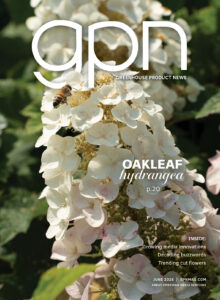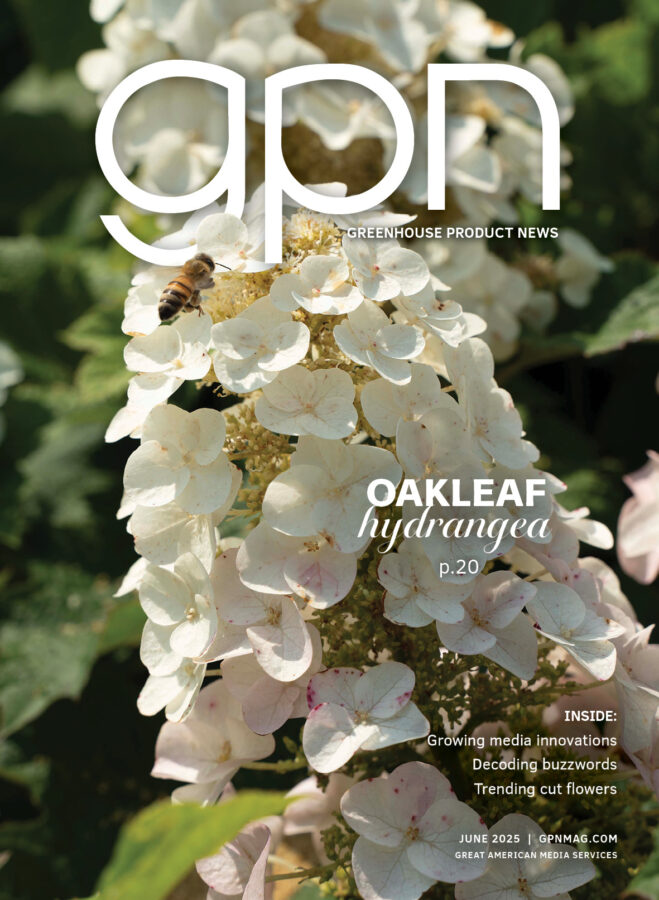Researchers uncover strategies to boost zinc in crops
Researchers at the University of Adelaide have discovered new ways to improve zinc-enriched fertilizers, which could increase crop yields and enhance food nutrition worldwide.
The study, conducted using the Canadian Light Source (CLS) at the University of Saskatchewan, revealed that fertilizer pH, rather than the type of zinc compound used, determines the nutrient’s solubility and availability for crops.
“Going into the project, our group thought the type of zinc compound would be a good predictor of a fertilizer’s solubility,” said Rodrigo da Silva, researcher at the University of Adelaide. “However, the CLS beamline enabled us to understand that pH drives the fertilizer zinc solubility and availability to the crops.”
The team found that lowering the pH of fertilizers, such as by spraying granules with acid, significantly increased zinc solubility. An additional method involved coating granules to separate zinc from phosphate, resulting in better nutrient uptake by plants.
The findings, funded by the Mosaic Company, have been patented and published in the Soil Science Society of America Journal. Researchers say these innovations could address global zinc deficiencies, benefiting agriculture and human nutrition.









 Video Library
Video Library 


















